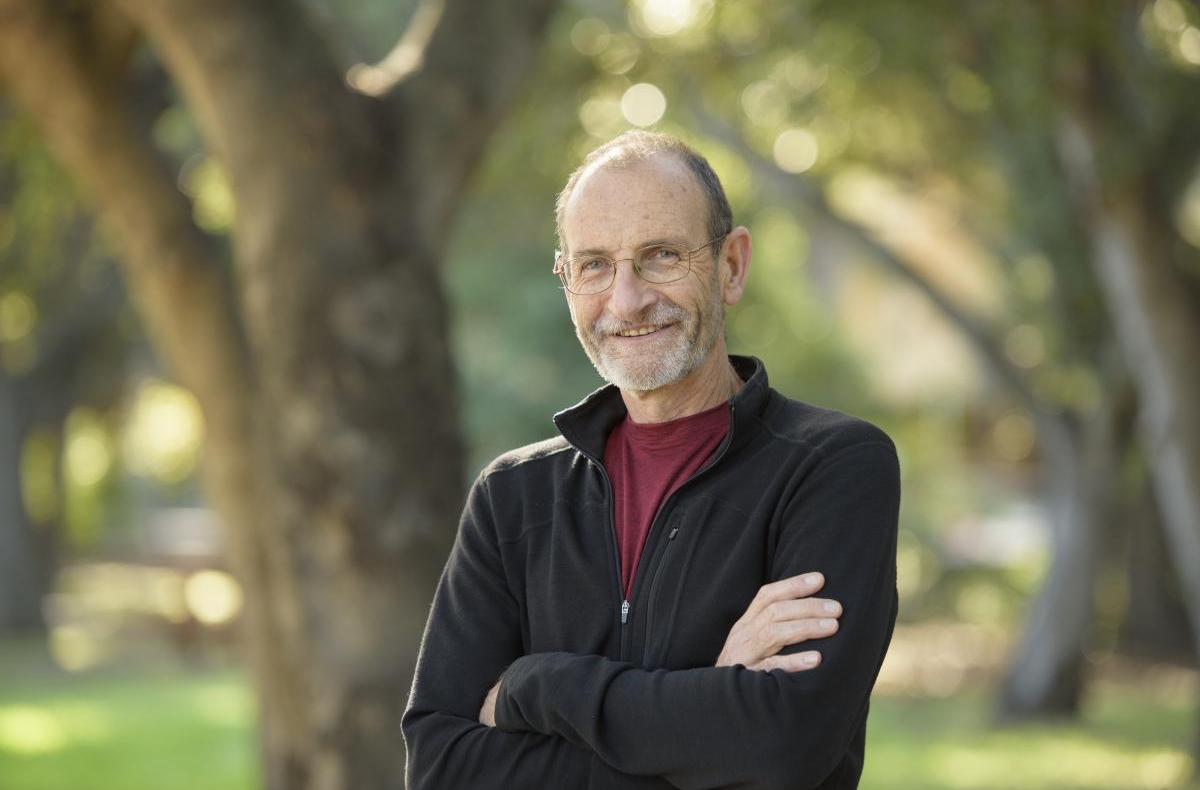The Woods Institute is now part of the Stanford Doerr School of Sustainability
Expanding the Dialogue

Chris Field
L.A. Cicero
Jan 25, 2018
By:
Welcome to the first newsletter of 2018 from the Stanford Woods Institute for the Environment. For 2018, we will be adding the occasional perspective piece. The idea is to encourage a dialogue that puts the newsletter’s news content and the institute’s research in perspective. The perspectives can be a forum to discuss ways to make the institute’s work as relevant and impactful as possible. I expect that future perspectives will address environmental issues in the news, ideas about improving engagement with the public and the policy world, and trends and opportunities, inside and beyond the university.
For this inaugural column, I want to start with a few words about the institute’s dynamic and culture. I guess it is obvious, but I continue to be awestruck at the number and diversity of things that are going on. By mid-January, scholars affiliated with the institute had already published at least 14 papers in 2018, with topics ranging from electrodes for improved batteries, to antitrust law in the electricity sector, to Ebola transmission. I try to send a tweet announcing every new paper by a team that includes a Woods affiliate. To appreciate the pace and range, you can follow me on Twitter: @chrfield.
Beyond the technical research papers, the flow of seminars, dialogues, news releases, proposals, and planning meetings is a torrent. It is exhilarating to watch and share the process of creating, as our motto proclaims, “Practical solutions for people and the planet.” Of course, without the great team in Woods central, all of this would slow to a crawl. Much of their work is behind the scenes, but they deserve a ton of credit.
2017 was, in many ways, a call to action. In the environmental realm, devastating weather-related disasters, the disheartening decision to withdraw the U.S. from the Paris Climate Agreement, and the transition of U.S. environmental policy toward weakening protections were all frustrating and challenging. On the positive side, many jurisdictions, institutions, and individuals increased their commitment to environmental sustainability, backing that commitment with concrete actions and new resources. It is especially gratifying that the agenda of the Stanford Woods Institute for the Environment continues to attract enthusiastic support from individuals, foundations, and government agencies. That support is enabling new ambitions across the institute, with notable new efforts in the Natural Capital Project, the Center for Ocean Solutions, and climate solutions.
As 2018 gets underway, the motivation for the institute is stronger than ever, but so are the challenges. Political polarization, echo-chamber media, and threads of distrust of universities and other established sources of evidence-based scholarship push us all to find new ways to open conversations, appreciate diverse perspectives, and build trust. For me, this means being eager to listen as well as speak, being open to new collaborations, and being willing to try new approaches.
Stanford scholarship across the environmental realm has a well-deserved reputation for intellectual rigor and scrupulous honesty. As we focus more on solutions, we need to continue to make sure that the rigor and honesty are bolstered with hard-boiled practicality. There are lots of good examples.
Earth scientist David Lobell, economist Marshall Burke, and computer scientist Stefano Ermon and their colleagues are unleashing practical information on crop yields from satellite data. Natural Capital Project co-founder Gretchen Daily and the NatCap team have trained thousands of users to use the InVEST software to support smart environmental planning. Roz Naylor, Erica Plambeck, Jim Leape – experts on food security, global supply chains and conservation – and their colleagues are working with farmers, corporations, and governments to build systems for assuring deforestation-free palm oil supply chains.
These examples illustrate some of the ways that basic scholarship can connect to practical solutions. The institute has a strong record of projects that have built or are in the process of building links from discovery to application. Now, this focus is more important than ever. I look forward to all of you joining me in the effort to make 2018 a banner year for “Practical Solutions for People and the Planet.”
Contact Information
Christine H. Black
Associate Director, Communications
650.725.8240
ChristineBlack@stanford.edu
Devon Ryan
Communications Manager
650.497.0444
devonr@stanford.edu
Rob Jordan
Editor / Senior Writer
650.721.1881
rjordan@stanford.edu


